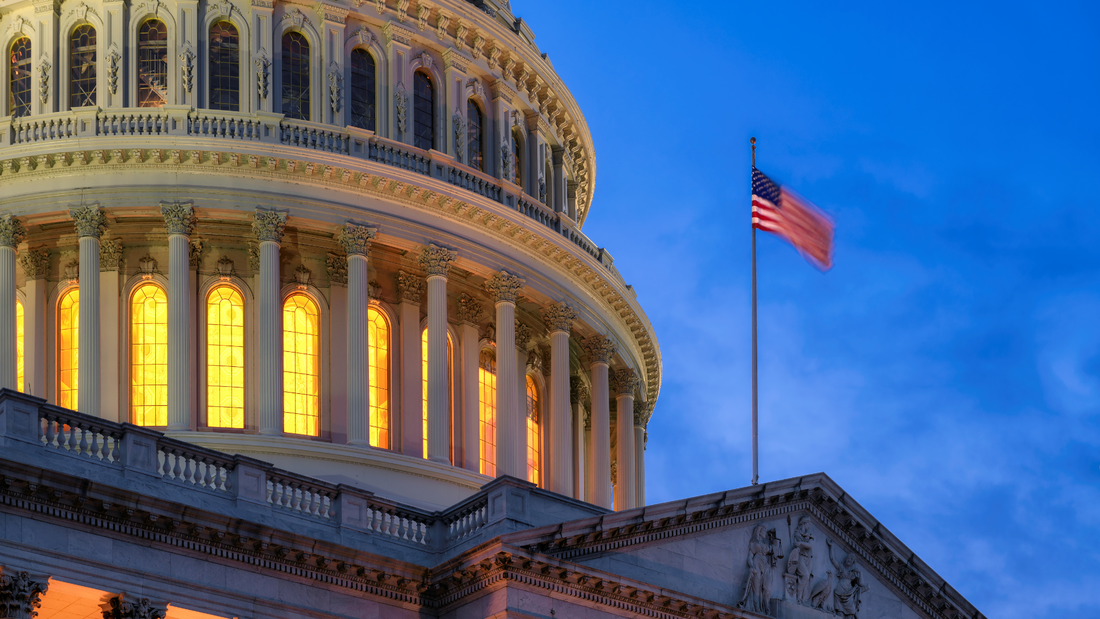|
Last week, we suggested that the last days of November could prove decisive for reform of Section 702 of the Foreign Intelligence Surveillance Act (FISA).
Now word has broken that Congressional leadership is contemplating bypassing Congressional debate by attaching Section 702 to the must-pass National Defense Authorization Act (NDAA), which keeps the military afloat, alight, and on its feet. We are hearing that some wish to attach a version authored by the House Permanent Select Committee on Intelligence (HPSCI), a bill that has at best weak, cosmetic reforms of this authority. Such a move would arm-twist a bicameral, bipartisan majority that wants substantive reforms in Section 702. This majority exists because Section 702 is a program enacted by Congress to surveil foreigners on foreign soil but has been used by the FBI and other agencies as a domestic spying program. In a recent year, Section 702 has been used to warrantlessly capture the communications of 3.4 million Americans. If House and Senate leaders choose this path, it will force Members into an up-or-down vote on a critical bill, with limited debate and no opportunity to make last-minute amendments. In a letter to Congressional Republicans, former House Judiciary Committee Chairman Bob Goodlatte and PPSA Senior Policy Advisor laid out what’s so wrong with HPSCI’s approach:
“There is no reason to rush this process and give the Administration what it wants by sneaking HPSCI’s deeply flawed proposal into the NDAA,” Goodlatte wrote. “In fact, the current Section 702 FISA Court certification does not expire until April 10, 2024, which means Congress has several months to put together a package of real reforms that could justify extending Section 702.” Attaching Section 702 to the NDAA would derail the work of the House Judiciary Committee, which shares jurisdiction over intelligence programs with HPSCI. The House Judiciary Committee is well down the path of drafting a bill. Extending the NDAA would be a sign of significant disrespect for this committee and all the Members, left and right, who have shown a strong interest in debating this program. “Instead of jamming Members and daring them to oppose the NDAA, Leadership should proceed through regular order and let the House Judiciary Committee lead the way with its bipartisan surveillance reform efforts, drawing inspiration from the Government Surveillance Reform Act of 2023,” Goodlatte wrote. “This issue is far too important to turn it into a game of political chicken in the NDAA.” Comments are closed.
|
Categories
All
|


 RSS Feed
RSS Feed